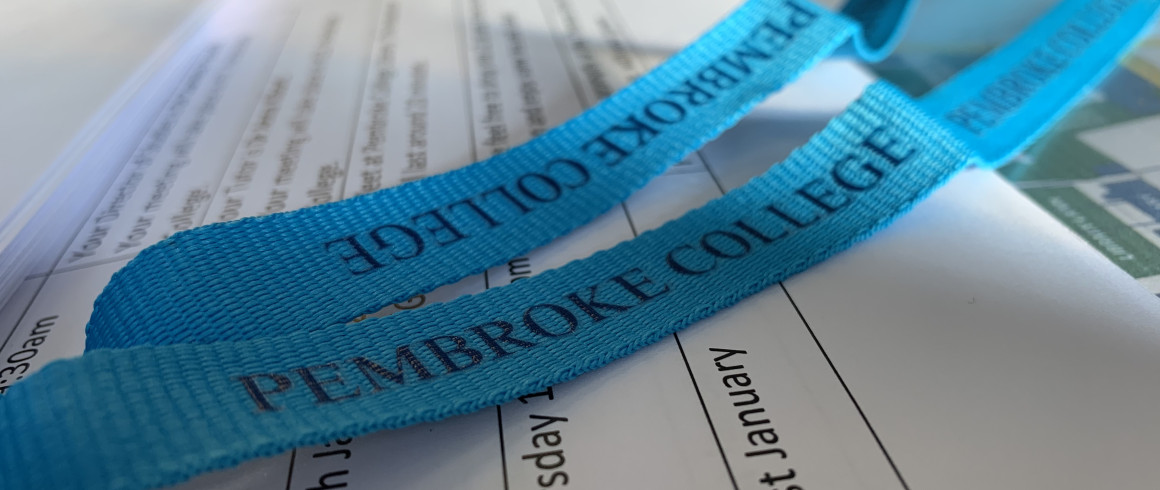Stem Cells and Brain Development: How Does Your Brain Grow?
How does our brain develop in 280 days? Does the number of neurons in the brain correlate with intelligence? These and many other intriguing biological questions on brain development will be addressed during the course.
This course will provide insights into the fascinating world of stem cells and their applications in brain research and clinics. We will follow the life of a cell from embryogenesis to neurogenesis in the adult brain. From the first isolation and culture of immortalised mouse cells, to the reprogramming of skin cells into fully functional neurons, the stem cell study revolutionised science and it is an essential and exciting research field.
During the lectures, the following topics will be discussed:
- Basic understanding of brain development and functional properties of stem cells
- The history of stem cell research
- Cloning and cell reprogramming
- New-born neurons in the adult brain
- Neurogenic defects
- Stem cell therapy in neurodegenerative disease
- Cutting-edge techniques in research and how to grow a ‘mini-brain’ in a dish as a model of brain development
During the course, students will learn how to apply advanced techniques to research, how to build disease models, and the ethical limitations concerning stem cell research. The course will include debates about working with stem cells, applications of “mini-brains”, and the role of women in science.
The course will integrate practicals alongside teaching. Students will be given the chance to observe biological samples under the microscope and plan and discuss their own research project.
Course Objectives
This course aims to give an overview of the main properties and applications of stem cells and how these can be adopted as a model for clinical studies and therapeutic approaches. Alongside stem cells, students will learn how the brain is shaped from embryogenesis to adult. Students will be able to distinguish between the different types of stem cells and learn about the breakthroughs in stem cell research: from the first in vitro culture, to brain organoids.
The course will focus on the cutting-edge technique of growing ‘mini-brains’ in a dish as a model of embryonic brain development, as well as unconventional scientific facts and history not reported in the text books. Students will learn how a single cell contains the information to generate a whole embryo, how differentiated skin cells can be reprogrammed into any other cell type, and some of the scientific questions that researchers are currently dealing with.
During the seminars, students will learn how to critically analyse ethical issues within the scientific community, and actively take part in debates on current contentious topics.
Intended Audience
The course is aimed at students passionate about life science and with a particular interest in cell biology, neurobiology or developmental biology.
Previous Knowledge
This course is not restricted to students with a scientific background, it is open to everyone with a strong interest in science and research. Previous knowledge of biology is advantageous but not mandatory.
Transferable Knowledge and Skills
Learning how to read a scientific paper, develop scientific criticism and how to apply scientific method to research projects.
Dr Ilaria Chiaradia
Dr Ilaria Chiaradia is a neuroscientist with a strong interest in developmental biology. After completing her graduate studies in Italy and Austria, she joined the PhD programme in Cell Biology at the MRC LMB Cambridge in the research group of Dr Madeline Lancaster. During her career, she investigated the complex genetics behind autism spectrum disorders, unravelling the correlation between molecular alterations and the appearance of the autistic phenotype. She worked with stem cells and animal models of disease.
As part of her post-graduate studies, she addressed the question of what makes human brain so special compared to other species using stem cell-derived mini-brains as a model of embryonic brain development. She was part of multiple joint projects aimed at understanding the role of sex hormones in brain development, how tissue shape influences tissue identity, and neuronal activity in organoids. She published in top-tier journals such as Cell Stem Cell, Nature, and Nature Neuroscience. During her PhD programme, she nourished her interest in science communication leading and taking part in public engagement activities for Cambridge Science Festival and The Royal Society.
